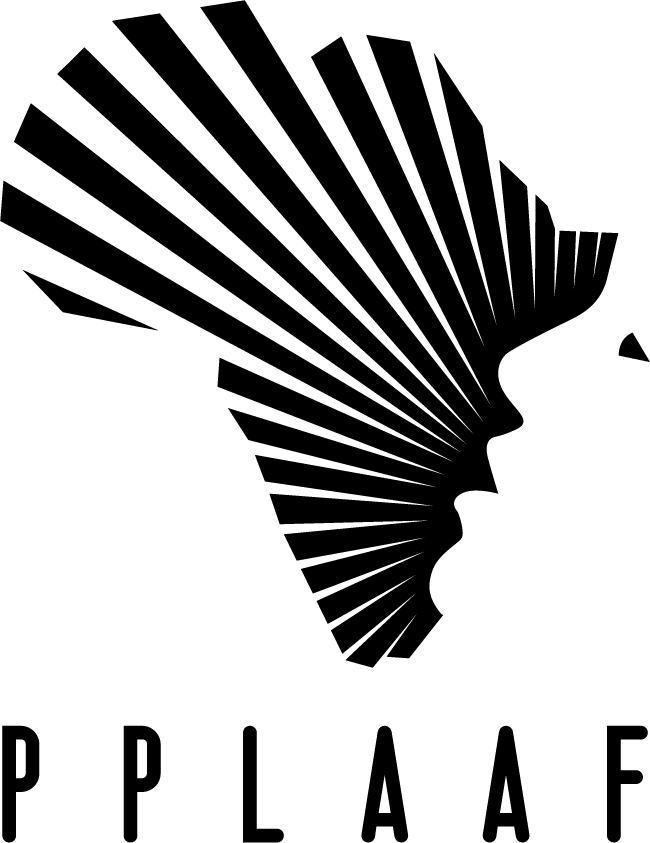Amadou Traoré, a Malian whistleblower, exposed rosewood trafficking and deforestation along the borders of Mali and Senegal. After completing his university studies, Traoré, originally from Thial, Mali, encountered a Chinese businessman known as “M.X”. M.X was facing a language barrier that was hindering his professional activities. His business centred around rosewood, which is used for cabinet making, that he was selling through his company. M.X offered Traoré a position as an interpreter in 2014, and while working his way up in the company, the latter discovered that the rosewood exported to China was falsely claimed to originate from the Ivory Coast, when it actually came from Mali, where this specific trade was suspended.
Later, in 2018, Traoré was sent into the forest where he witnessed massive deforestation caused by the over-exploitation of Mali’s natural resources. Upon returning to Bamako, Traoré attempted to alert the authorities. Despite reaching out to the Department of the Environment through emails and physically going to the Ministry of the Environment, his revelations were met with indifference. The Ministry suggested submitting an explanatory note, but no concrete action was taken. Frustrated, Traoré also contacted various national and international media outlets, including France 24, which subsequently launched an investigation into the case.
The information and documents shared by the whistleblower led to the establishment of a consortium of Senegalese journalists, coordinated by the Platform to Protect Whistleblowers in Africa (PPLAAF). This consortium of journalists was trained in Dakar in September 2022 on whistleblowing and financial crime, organised by PPLAAF and Expertise France as part of the OCWAR-M project.
With support from the Pulitzer Fund and under the coordination of PPLAAF, the consortium conducted an in-depth investigation into rosewood trafficking for approximately a year. The initial results of this investigation were published in August 2023 in three Senegalese media outlets: L’Enquête, GFM, and Sen TV.
Deforestation and environmental damages
The investigations revealed a concerning pattern of large-scale rosewood plunder, known as “bois de Vène,” in Mali’s forests. It found that Chinese traffickers, collaborating with individuals and authorities in Senegal and Mali, exploit Malian forests by bribing local village chiefs. This illicit activity which initially focused in Casamance, Senegal, involved using Gambia as a transit point to transport the wood to Asia, particularly China. As wood stocks depleted in Casamance, the traffic shifted south eastwards along the Mali border, specifically in the Tambacounda and Niokolo-Koba regions. The investigations suggest that Mali now serves as the central hub for this illegal trade, with Senegal playing a role as both a transit and supply country.
The Convention on International Trade in Endangered Species of Wild Fauna and Flora (CITES) has suspended the trade in Pterocarpus erinaceus (Rosewood). However, reports indicate that traffickers have managed to influence certain authorities to obtain illegal derogations, allowing them to cut and export the wood. The Saraya region in the Kédougou region of Senegal appears to be a potential area for wood harvesting; however, concrete evidence is lacking as limited controls along this route make it challenging to detect wood trafficking.
Rosewood cut in Mali is believed to primarily pass through Senegal, particularly via the port of Dakar. In August 2022, Senegalese authorities seized 124 containers of Malian rosewood. Mali reportedly lifted the seizure by invoking a CITES exemption. Nonetheless, according to journalists, rosewood trafficking persists and has allegedly shifted to Mauritania.
This lucrative trade serves as a significant income source for traffickers and their collaborators, who transport the wood to the high-demand Chinese market. The traffickers reportedly rely on routes used by major international shipping companies. The consequences of this trafficking, which continues today, are concerning for biodiversity and the local environment. In this regard, Traoré explains that “to access and section a large centuries-old tree, it is necessary to fell dozens of young saplings.”
A legal framework bypassed
Mali’s ministerial order of 10 July 2014 prohibits exporting all types of wood in their raw state. At the international level, the CITES classifies rosewood as a vulnerable species but this legal framework seems to be bypassed by logging companies. Companies take advantage of the ambiguity of the designation “in its raw state” and produce export certificates that use the broad interpretation allowed by the current law: Companies claim that the rosewood is not in its raw state but, rather, has been transformed before the exportation. Thus seemingly allowing legal exportation.
The investigation highlighted that the logging permits granted by Mali’s Department of Water and Forests to the Général Industrie du Bois, a former state-owned company, allowed it to sell rosewood to Chinese companies. This investigation subsequently led to the temporary suspension of all rosewood export activities. The suspension was lifted in 2021 by the Malian government.
Environmentalists in Mali and Senegal are concerned about the lack of adequate controls and the considerable power of transporters on the roads. Although random checks are carried out periodically, rosewood trafficking remains a major challenge in the region.
“Even though Amadou Traoré’s initial disclosures are dated, his alert remains relevant today as rosewood trafficking continues to persist,” said Jimmy Kande, Director of PPLAAF in West Africa. “PPLAAF remains committed to putting an end to deforestation.”
The necessity to protect whistleblowers
Apart from environmental damages, the rosewood revelations in Mali also threatened Traoré’s , who had to flee his country to avoid reprisals from the network behind the wood trafficking. His revelations led to the adoption of measures to halt the trafficking, resulting in the blocking of certain containers at ports and borders. These measures have been renewed, further exposing the whistleblower to retaliation. Since 2020, PPLAAF has been supporting Traoré.
As a whistleblower who exposed environmental wrongdoings, Traoré’s case contributed to the creation of the NGO Climate Whistleblowers (CW), which supports him too. CW is dedicated to protecting individuals who expose climate-related wrongdoings and aims to be a major actor in the climate movement ecosystem, offering comprehensive support to climate whistleblowers.
PPLAAF is a non-governmental organisation established in 2017 to protect whistleblowers, as well as to advocate and engage in strategic litigation on their behalf when their revelations deal with the general interests of African citizens.
For additional information
The Platform to Protect Whistleblowers in Africa:
“Amadou Traoré has blown the whistle on rosewood looting and international trafficking in Mali”
“Mali / Senegal: New Investigations on Rosewood Trafficking between Mali and Senegal,” 11 September 2023
Business & Human Rights Resource Centre:
“Mali and Senegal: Investigations exposed rosewood trafficking linked to Chinese compagnies”, 13 September 2023.
Corruption Anonymous:
“A Consortium of Senegalese Journalists led by PPLAAF Confirms Whistleblower’s Disclosures on Massive Plunder”, 13 September 2023.
“New NGO aims to protect climate whistleblowers and increase their impact”, 7 June 2023
VOA:
“China’s Illegal Rosewoord Trade With Mali Under Scrutiny”, 22 May 2022




